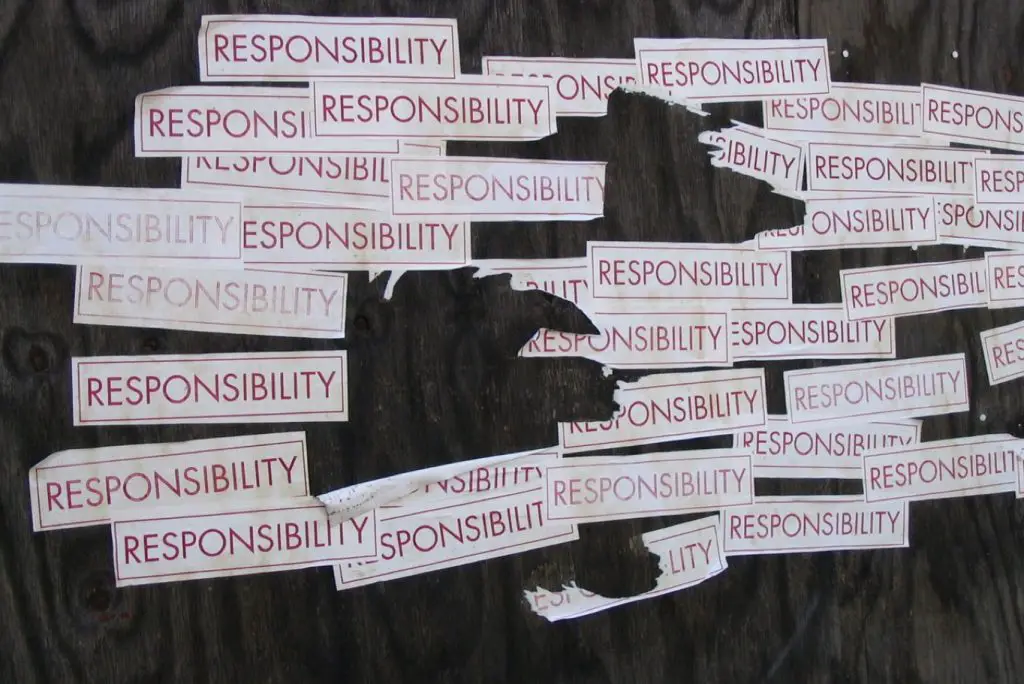
Students Using AI For Homework – What To Know
Artificial intelligence has evolved significantly in the last few years. Today, it is possible to use AI to automate processes, compose articles, and even create unique works of art. While the technology isn’t perfect yet, students can benefit greatly from using AI for homework. It can empower students who are studying a new language, preparing […]
Students Using AI For Homework – What To Know Read More »










